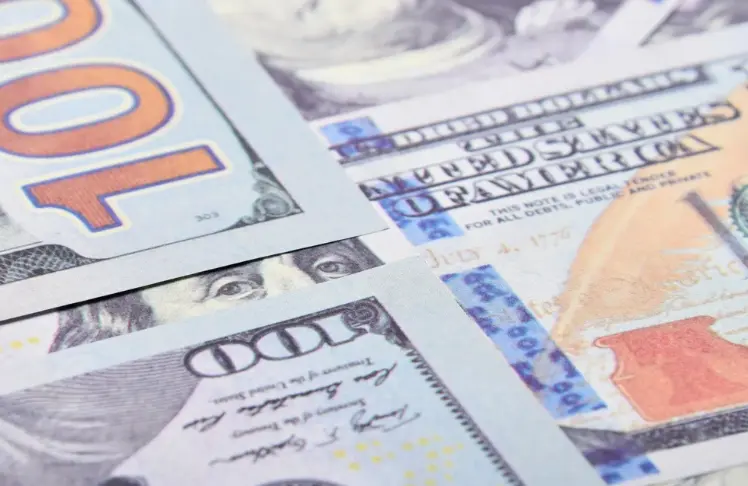
by Renata Sago
After decades of what it calls “historical failures in administering student loans,” the U.S. Department of Education is providing relief to college graduates navigating the volatile economy.
Borrowers with multiple federal student loans, such as Perkins Loans, Parent Plus Loans, and Federal Family Education Loans, have until April 30 to apply for consolidation. The process requires applicants to select an income-driven repayment plan, which could, in some situations, lead to total loan cancelation.
“Many people went to school, borrowed to get higher degrees to enter those fields, and don’t make a lot of money,” says Jill DesJean, Senior Policy Analyst at the National Association of Student Financial Aid Administrators.
The application asks when borrowers originally took out their student loans and how much money they make each month. DesJean says borrowers in certain professions might qualify for public service loan forgiveness.
Debt Disparity
The path after college is often wrought with competition, persistence, and all types of debt. An analysis last year found that Black and African American college graduates had an average of $52,000 in student loan debt and that four years after college, Black students owe an average of 188% more than white students borrowed.
The federal consolidation program is intended, in part, to improve the tracking of federal loan repayments. Borrowers are supposed to be eligible for complete forgiveness — or cancellation — after a certain amount of time.
“The Department was identifying a lot of instances where students were saying, ‘Hey, I have been in repayment for 20 years or 25 years or more, and when I call my servicer, they don’t have a record of all of my payments,” DesJeans says. “It’s a necessary thing to fix.”
Today, there are 43 million Americans with federal student loans. Borrowers ages 35-49 hold the most debt. We’ve seen the stagnating effects of outstanding education loans. It affects major career decisions, such as what industry to work in and for how long — and the timing of traditional milestones, such as settling down to start a family. Debt influences social well-being before borrowers even receive their degrees.
The Mental and Financial Toll
A study published in 2023 found that Black students who took out loans experienced “guilt, sadness, and fatigue,” in addition to stress from courseload expectations and post-graduation goals. Another study published in 2021 found that Black female HBCU students worried significantly about their debt while on campus.
Over the years, student loan repayment has been a contentious topic, with policymakers advocating for a range of solutions — from requiring lower rates on federal and private student loans to canceling a certain amount of debt per borrower.
Student loan debt has been an aggravator of the racial wealth gap, placing financial strain on Black borrowers who are experiencing other racial disparities, such as lower wages compared to their racial or ethnic counterparts. An analysis in 2020 of the racial wage gap found that Black workers often needed more education to out-earn white workers.
Dr. Sonia Lewis, CEO of The Student Loan Doctor, works with Black clients who have master’s or doctoral degrees — some with debt between $50,000 and $990,000.
“I have to be so calm and neutral,” says Dr. Lewis, “Because there’s a lot of shame around student loan debt. When we talk to them, I never ask why. I just go into solutions.”
Some of her clients are looking at taking out more loans to support their children or long-term goals. Dr. Lewis wants to see loan forgiveness policies that focus on how much someone is able to borrow in a certain amount of time.
“Just because you forgave somebody’s student loan debt doesn’t mean you helped them with the mindset around money and money management,” she cautions.
While federal student loans are not the only option for Black borrowers to pursue education, these loans often offer greater relief than private lenders whose rates, when unregulated, risk being predatory.
The Biden-Harris administration has canceled an estimated $153 billion in loans so far through various programs. This student loan consolidation program is expected to help more than 900,000 borrowers.















